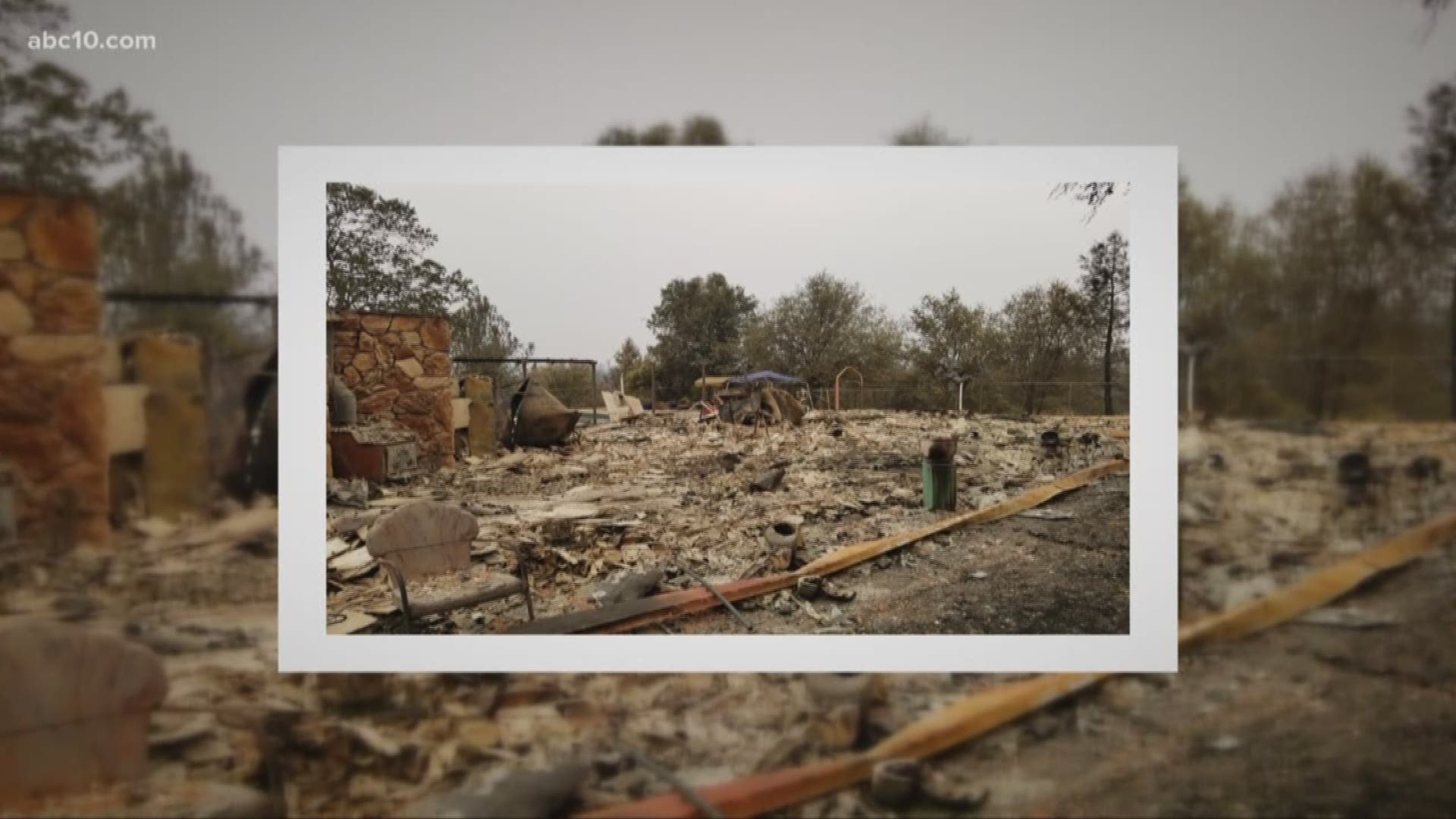Price gouging can happen during emergency situations, when a business attempts to raise prices to unfair levels as people are impacted by situations, like wildfires.
The wildfires have left some places with the need to rebuild their communities and replace their belongings once the wildfires come to an end. As families and victims of the California wildfires are dealing with substantial impacts to their communities, the Office of the Attorney General reminded the public of California’s price gouging law.
It is a practice that is illegal in California when a state of emergency is declared.
“Families in Riverside and Shasta Counties are dealing with serious, devastating wildfires in their communities while families in San Bernardino County are grappling with the significant damage caused by monsoon rainstorms. They should not have to worry about unscrupulous businesses trying to illegally cheat them out of fair prices,” said Attorney General Xavier Becerra.
“Our State’s price gouging law protects people impacted by an emergency from illegal price gouging on housing, gas, food, and other essential supplies. I encourage anyone who has been the victim of price gouging, or who has information regarding potential price gouging, to immediately file a complaint through my Office’s website or call 800-952-5225, or to contact their local police department or sheriff’s office.”
1. What is it
According to the Office of the Attorney General, price gouging occurs when a seller tries to take unfair advantage of consumers during an emergency or disaster. This refers to greatly increasing prices for goods or services.
State law prevents increases of more than 10 percent on goods and services during a state of emergency.
2. Where does the law apply
The practice of price gouging is illegal under California state law.
State law also covers price increases that occur outside of the city or county where the emergency occurred. The law is meant to prevent price gouging anywhere in the state where consumer demand is increasing due to a declared emergency.
An example used by the OAG is a fire in San Diego County causing residents to evacuate to Imperial County. Under the law, the hotels cannot raise rates more than 10 percent to take advantage of the demand increase.
3. What is covered by the statute
The California OAG lists these goods and services as covered under the law:
- Hotels and motels
- Rental housing
- Consumer food and drink, including food and drink for animals, and other consumer goods
- Goods and services used for emergency cleanup
- Emergency supplies, including water, flashlights, radios, batteries, candles, blankets, soaps, diapers, temporary shelters, tape, toiletries, plywood, nails, and hammers
- Medical supplies, including prescription and nonprescription medications, bandages, gauze, isopropyl alcohol, and antibacterial products
- Home heating oil
- Building materials, including lumber, construction tools, and windows
- Transportation
- Freight
- Storage services
- Gasoline and other motor fuels
- Repair and reconstruction services
4. When does the law apply
When a declaration of a state of emergency is declared from the President of United States, Governor of California, or a city or county executive officer, these statutes are then applicable to individuals, businesses, and other entities.
5. How long does it last
Once a state of emergency is declared, the restrictions apply for 30 days. For reconstruction services and emergency cleanup services, the law applies for 180 days after the declaration.
However, state legislature and local officials can extend the period of statute beyond these time frames.
6. Are there exceptions to the law
The seller must be able to prove that the increased price is directly related to increases in the cost of labor or materials. If this is proven, then the seller may not be liable under the law.
7. Consequences
Violation of this law can result in one year of imprisonment in jail or a fine of up to $10,000.
There could also be civil enforcement actions that include civil penalties of up to $5,000 per violation, injunctive relief, and mandatory restitution. The Attorney General, local district attorneys, and private individuals can bring actions for violations of the law.
8. Where to report it
For residents impacted near Shasta County:
As Shasta County continues to be impacted by the Carr Fire, the Shasta County District Attorney’s Office took to Facebook to notify the public of price gouging laws.
Those who have been victims of price gouging or have information on price gouging are encouraged to file a complaint with the DA’s Consumer Protection Unit or call the Fraud Hotline at 530-225-5391
Anyone who has been a victim of price gouging can call the Office of the Attorney General at 800-952-5225 or file a complain online the OAG website.
The California Office of Emergency Services (OES) also released a public service announcement in January addressing price gouging.

